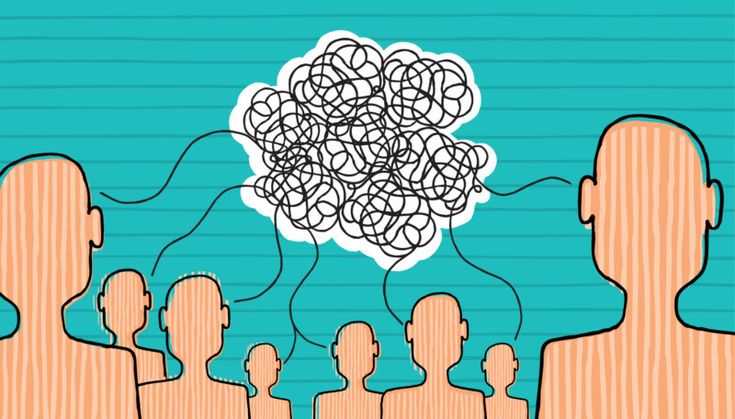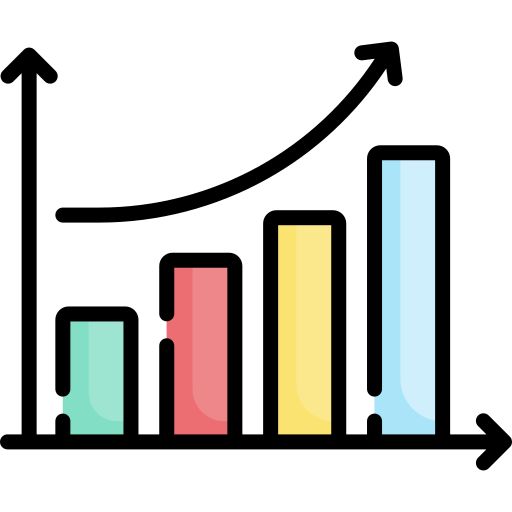Sociolinguistics 1 (So.ling1) - Dr. Touati Mourad - 2023-2024
Topic outline
-
This course introduces students to Sociolinguistics, a field of study which ties language and communication to the context in which the language is being used. The basis of Sociolinguistics is that what language is cannot be separated from how and why it is used. Accordingly, the focus is on an investigation of how language varies according to context. The course will include Language and the Ethnography of Communication. A key figure in this field is Dell Hymes, the American linguist who coined the term and who proposed the core elements of the approach in the mid C20th. Of particular relevance is functional linguistics which models the relationship between context and language and proposes language variation as linked either to the users of language or to the use of language.

-
Lecturer: Dr. Mourad TOUATI
Email: mourad.touati@univ-msila.dz

-
Master one Students enrolled in Online Masters Program at Mohamed Boudiaf University of M'sila

-
By the end of this course, students are expected to understand

Language Variation: Sociolinguistics often begins with an exploration of how language varies across different social groups, regions, and contexts. This includes studying dialects, sociolects, and the impact of factors such as age, gender, ethnicity, and social class on language use.
Language and Identity: This area of study examines how language is tied to individual and group identities. It may involve looking at language choices, language attitudes, and the role of language in constructing and expressing identity.
Language Policy and Planning: Sociolinguistics often delves into the ways in which language policies are created and implemented, and how these policies can impact linguistic diversity, language rights, and language revitalization efforts.
Language Contact and Change: Sociolinguistics also explores how languages come into contact with each other, leading to phenomena such as language borrowing, code-switching, and language shift. It may also examine how languages change over time due to social, cultural, and historical factors.
Language and Power: This area of study looks at how language can be used as a tool of power and control, and how linguistic discrimination and inequality manifest in society. It may also explore the role of language in social movements and resistance.
Research Methods in Sociolinguistics: A master's course in sociolinguistics may also include training in research methods, including quantitative and qualitative approaches, data collection and analysis, and ethical considerations in sociolinguistic research.
Applied Sociolinguistics: Some programs may offer courses that focus on the practical application of sociolinguistic research, such as language planning and policy development, language education, and language assessment and evaluation.
Special Topics: Depending on the program, there may be courses that focus on specific areas of sociolinguistics, such as language and gender, language and technology, or language and migration.
Thesis or Capstone Project: Many master's programs require students to complete a thesis or capstone project, which involves conducting original research on a sociolinguistic topic of their choice.
Critical Thinking and Communication Skills: Throughout the program, students will develop critical thinking skills and the ability to communicate complex sociolinguistic concepts effectively, both orally and in writing.
-

-
Master 1 students, prepare to embark on a journey into the intricate world of language and ideology! This lecture will unveil the hidden connections between seemingly neutral language and the powerful forces that shape our beliefs.
We'll begin by unraveling the concept of language ideology. These are the often unconscious assumptions we hold about language – its structure, use, and its link to social identity. Language ideologies are far from objective; they are molded by cultural context, political agendas, and historical power structures.
As we progress, we'll examine how language acts as a mirror reflecting and reinforcing ideology. We'll see how word choice, framing of issues, and even grammar can be strategically used to promote specific viewpoints. We'll also explore critical language study, a dedicated field that uncovers the hidden biases and power dynamics embedded within language use.
By the conclusion of this session, you'll be able to:
- Define key terms like language ideology and critical language study.
- Analyze how language reflects and reinforces ideology across various contexts (e.g., media, politics, education).
- Identify the power dynamics at play in different language practices.
- Develop a critical awareness of your own language ideologies and their potential impact.
This lecture paves the way for further exploration. Get ready to challenge your assumptions and gain a new perspective on the world through the lens of language!
-
This sociolinguistics lesson focuses on the fascinating intersection of language and gender. We'll explore how language both reflects and reinforces societal norms surrounding gender.
Prepare to examine:
- Gendered Speech Patterns: How do men and women tend to use language differently? We'll analyze vocabulary choices, politeness strategies, and conversational styles.
- Power and Language: How does language use perpetuate or challenge gender inequalities? We'll explore the connection between language and social power structures.
- Language and Identity: Discover how language choices contribute to the construction and expression of gender identity.
By the end of this lesson, you'll gain a deeper understanding of how sociolinguistic factors influence the relationship between language and gender. Get ready to see everyday communication through a new lens!
-
This sociolinguistics lesson delves into the dynamic interplay between language and power. We'll explore how seemingly ordinary words and communication styles can be wielded as tools of influence, persuasion, and even control.
Get ready to unpack:
- Language and Social Hierarchies: How do different social classes, genders, and ethnicities use language differently? How does language reflect and reinforce power structures?
- Language Strategies for Power: We'll analyze strategies like politeness, hedging, and framing to understand how speakers manipulate language to achieve their goals.
- Discourse and Power: Explore how dominant ideologies are perpetuated through language use in institutions like media and politics.
By the end of this lesson, you'll gain a critical eye for the subtle ways language is used to exert power in everyday interactions and social structures. Prepare to be surprised by the hidden agendas embedded in communication!
-
This sociolinguistics lesson dives into the fascinating world of language planning and language policy. We'll explore how governments, institutions, and even communities actively shape the use and development of languages within their spheres of influence.
Get ready to explore:
- Goals of Language Planning: Why do governments and institutions engage in language planning? We'll examine motivations like promoting national unity, fostering multilingualism, or revitalizing endangered languages.
- Language Policy in Action: We'll analyze concrete examples of language policies, such as official language designation, language education programs, and language standardization efforts.
- The Sociolinguistic Impact: This lesson will critically examine the social and linguistic consequences of language planning and policy. Are these policies always successful? How do they impact different social groups within a society?
By the end of this lesson, you'll gain a deeper understanding of the complex interplay between language, power, and social structures. Prepare to see language not just as a communication tool, but as a powerful force that can be shaped and reshaped by deliberate policies.
-
-
QuizOpened: Sunday, 26 May 2024, 10:00 PMClosed: Sunday, 26 May 2024, 10:17 PM
-
